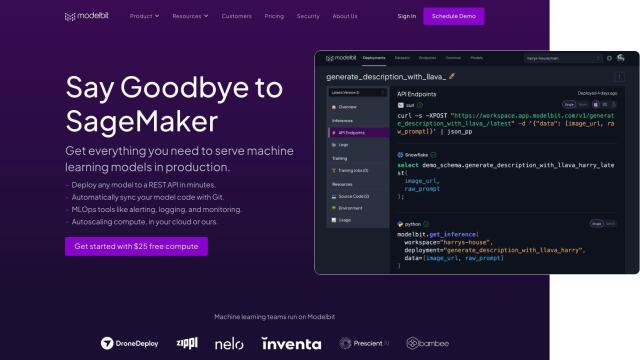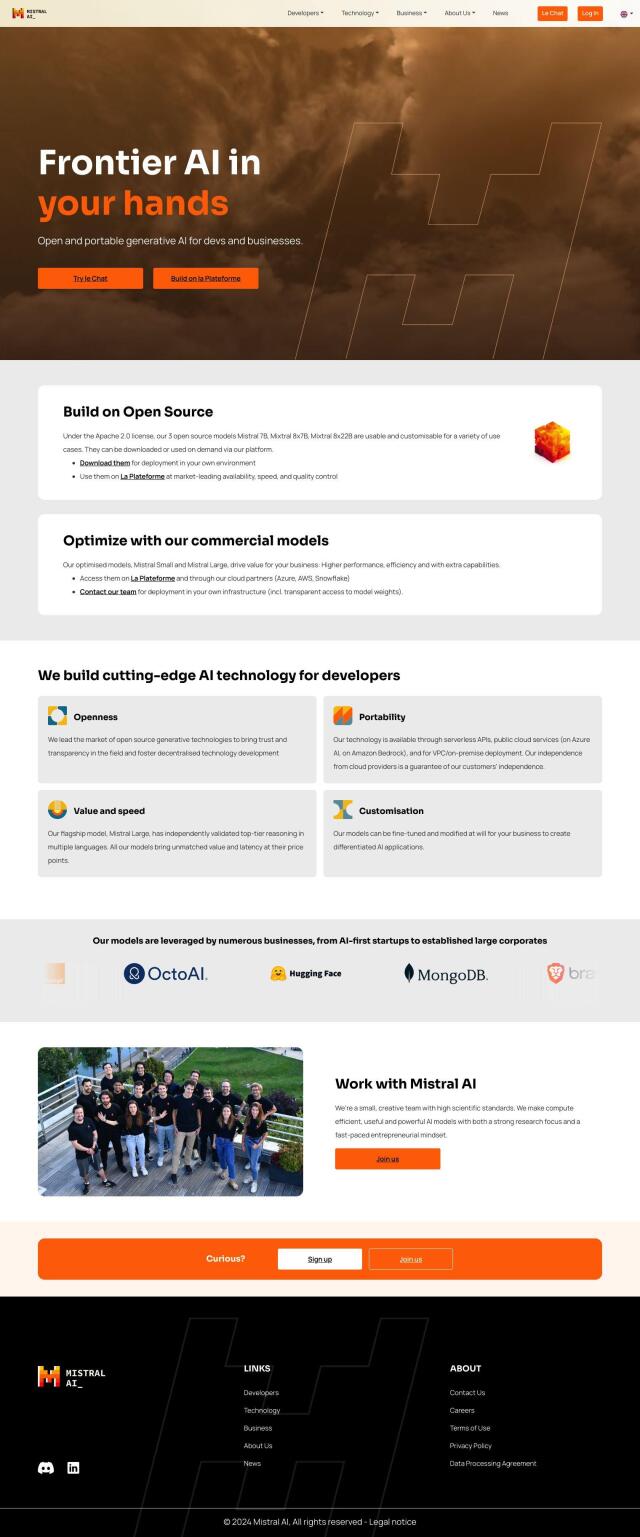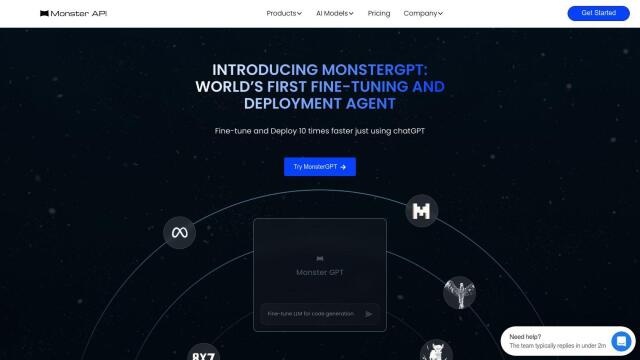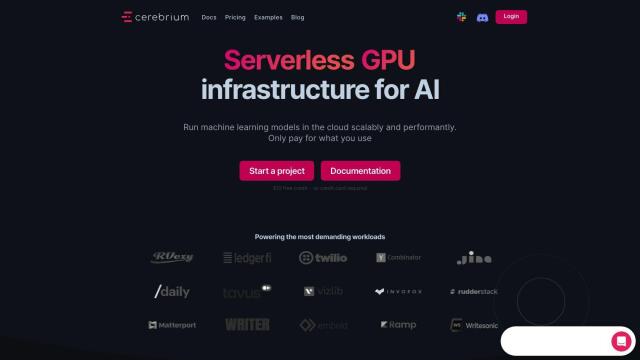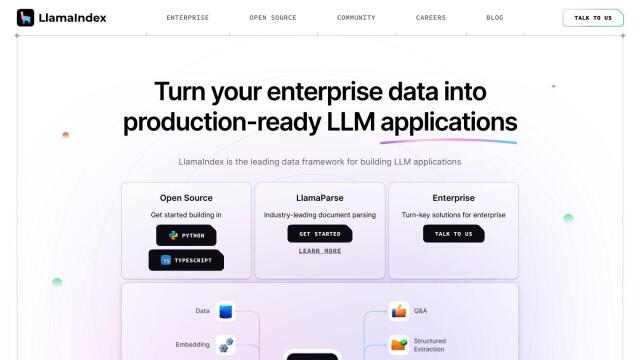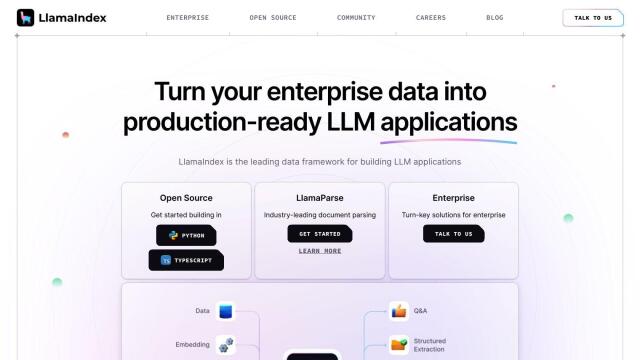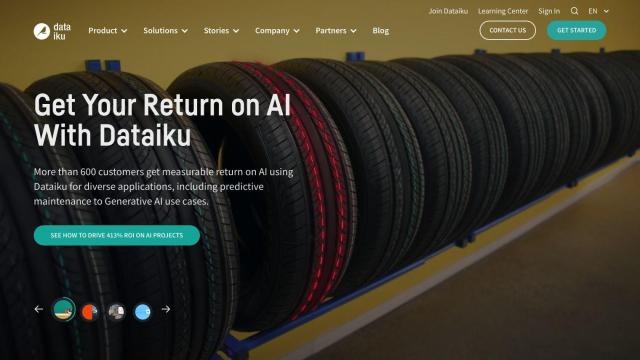Question: Is there a service that allows me to fine-tune machine learning models using my own data and deploy custom models with ease?


Predibase
If you need a service to fine-tune machine learning models with your own data and then run them, Predibase is a good option. The service lets developers fine-tune open-source large language models (LLMs) for specific tasks like classification and code generation. It also offers a relatively low-cost foundation for serving the models and supports a range of models through techniques like quantization, low-rank adaptation and enterprise-level security. Predibase charges on a pay-as-you-go basis and also offers dedicated deployments with usage-based pricing.


Replicate
Another good option is Replicate, which makes it easier to run and scale open-source machine learning models. Replicate offers a library of pre-trained models for tasks like image and text generation, but also lets you deploy your own models. Replicate has features like automated scaling, one-click deployment and usage-based pricing that are geared for developers who want to add AI abilities without having to worry about the underlying infrastructure.

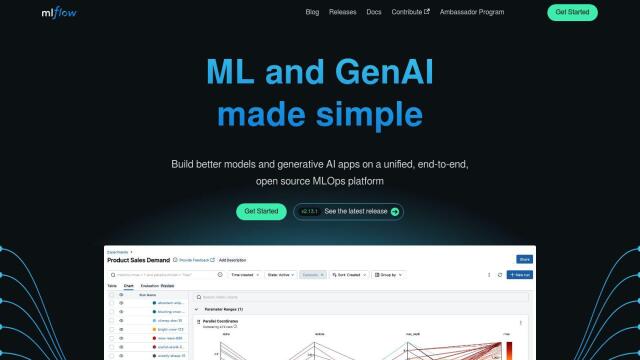
MLflow
MLflow is another good tool for managing the life cycle of machine learning projects. The open-source software handles experiment tracking, model management and generative AI tasks. It can be used with popular deep learning libraries like PyTorch and TensorFlow, and offers a single environment for managing ML workflows. MLflow is free to use, so it's a good choice for ML developers who want to improve collaboration and efficiency.

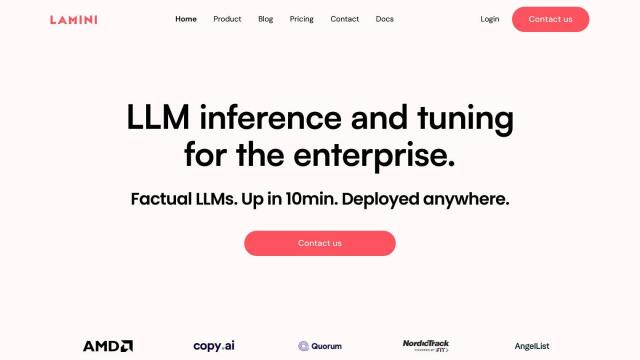
Lamini
If you want a service to build, manage and deploy your own Large Language Models (LLMs) on your own data, check out Lamini. Lamini lets you tune memory for high accuracy and deploy models to different environments, including air-gapped systems. It offers a full model lifecycle management, from comparison to deployment, and can be installed on-premise or in the cloud and scaled to thousands of LLMs. Lamini offers a free tier for limited inference requests and an enterprise tier with unlimited tuning and inference.

